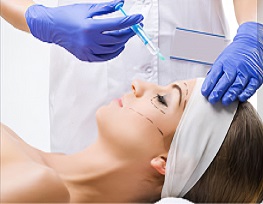About GSF
Global Scientific Forum is formed to pursue the common and collective goals of the research scholars in order to endorse exchanging of their innovative ideas and know-how which facilitate the collaboration between them of the same field or interdisciplinary research. We host every year interdisciplinary conferences, meetings, workshops, webinars on cutting-edge basic and applied research in the field of medicine, life sciences, pharma, engineering,
Read More














